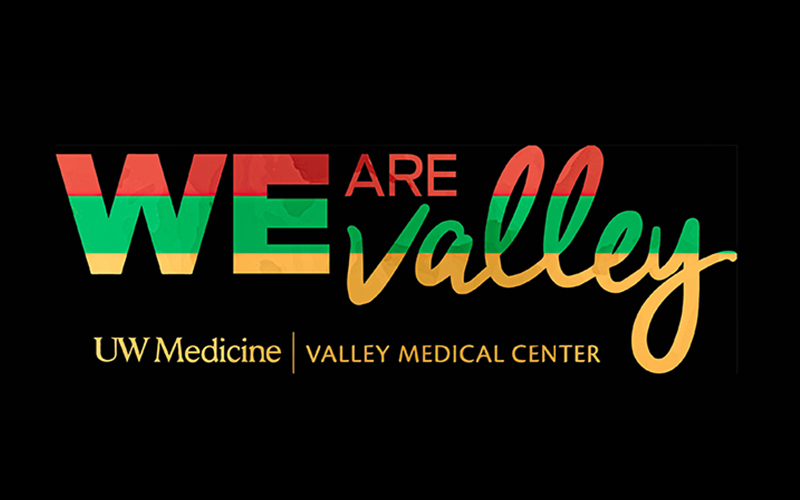
February is designated as Black History Month—the annual celebration of achievements by Black and African American people, and a time for recognizing their central role in the history of this nation.
This year’s theme for Black History month is “The Black Family: Representation, Identity, and Diversity.” Through our recognition of Black History Month, Valley’s Equity, Diversity and Inclusion Committee is promoting education, bringing awareness to our differences and our similarities, in order to foster growth and unity across the organization and our community.
Black Contributions to Medicine and Healthcare
Rebecca Lee Crumpler, MD (1831—1895), the First Female African American Doctor
Born Rebecca Davis in Delaware on February 8, 1831, Rebecca attended a prestigious private school in Massachusetts—this was just the beginning of her strengths in education and healthcare. Crumpler graduated and moved to Charlestown, Massachusetts in 1852 where she worked as a nurse. In 1860, she continued her passion by applying for medical school at the New England Female Medical College, the first college in the country to train women as medical doctors. She was accepted into the program, though most medical schools prohibited Black students, regardless of gender.
Dr. Crumpler* graduated from New England Female Medical College in 1864, becoming the first female African American doctor. Though her practice began in Boston, near the end of the Civil War, she relocated to Richmond, Virginia and collaborated with the Freedman’s Bureau to provide care to freed African Americans. Her presence in the community allowed many to receive care that had been withheld by white doctors due to societal norms and discrimination. She encouraged other African Americans to also seek medical training and give back to the community. Money was not Dr. Crumpler’s motivation—she provided care whether or not her patients could pay. Dr. Crumpler published A Book of Medical Discourses in 1883, providing advice on treating illnesses particularly in infants, young children and women of childbearing age.
Joyce Nichols (1940—2012)
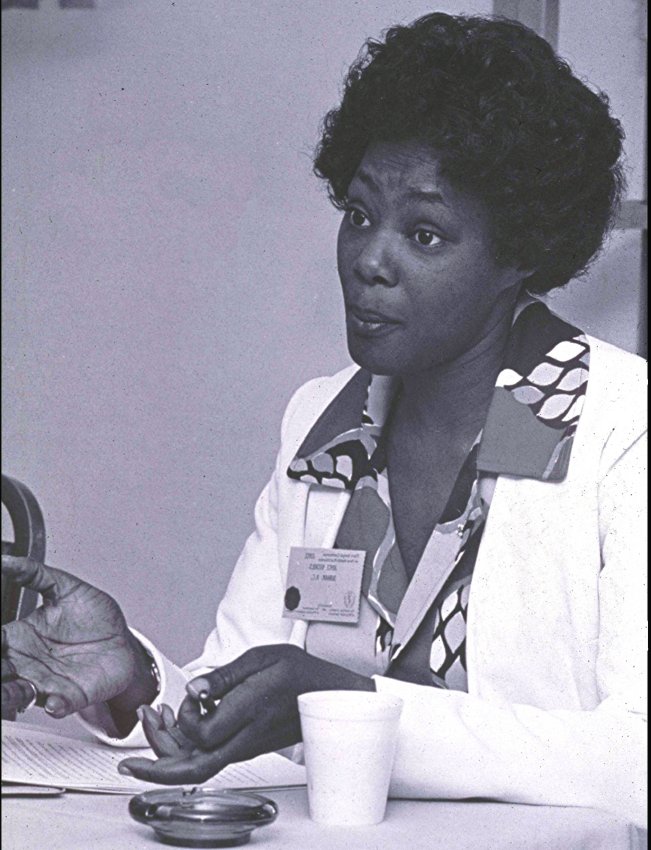
Joyce Nichols, born June 28, 1940, broke barriers in 1970 by becoming the first woman formally trained as a Physician Assistant (PA). She also is the first African American woman to practice as a PA. Ms. Nichols began her career as an LPN working at Duke University. In 1965, Dr. Eugene A. Stead, Jr. launched his 2-year Physician Assistant education program. The program was originally intended for ex-military corpsmen, but Ms. Nichols was persistent in overcoming the many obstacles placed in front of her and graduated from the Duke University Physician Assistant Program in 1970.
As an active member of the medical community, Ms. Nichols was the first minority to hold a position on the American Association of Physician Assistants, known today as the American Academy of Physician Assistants (AAPA). In this role, she established the AAPA Minority Affairs Committee to give Black PAs a stronger voice in their field.
Ms. Nichols confessed that her dream was to one day give back to her community and establish a clinic in her hometown of Durham, North Carolina. With support from Dr. E. Harvey Estes, Jr., the former chair of the Department of Community and Family Medicine at Duke University, Ms. Nichols gained the funding to make her dream come true, opening the first rural, satellite health clinics in North Carolina, and the nation, where she worked until 1972. Nichols passed away on July 29, 2012 in Durham, North Carolina at the age of 72.
Ms. Nichols’ long list of accomplishments identify her as a highly regarded contributor to healthcare in America.
*According to the Drexler University Legacy Center Archives & Special Collections College of Medicine, there are no known photos of Dr. Crumpler.
Learn more about African Americans’ Contributions to Medicine and Healthcare:
21 Medical Pioneers to Celebrate During Black History Month
Black History Month: African American Contributions to Medicine
Celebrating 10 African-American medical pioneers
Caring for the community like family starts with unity in our Valley family.
During this month of celebration, the Equity, Diversity and Inclusion Committee acknowledges and appreciates our Black colleagues who work alongside us each day to make remarkable things happen. Here at Valley we are introducing our Selfie Tapestry Project. This is the start of an ongoing project to connect with one another across our many cultural backgrounds and traditions at Valley. Our first campaign in the Selfie Tapestry will focus on honoring and celebrating our Black colleagues.
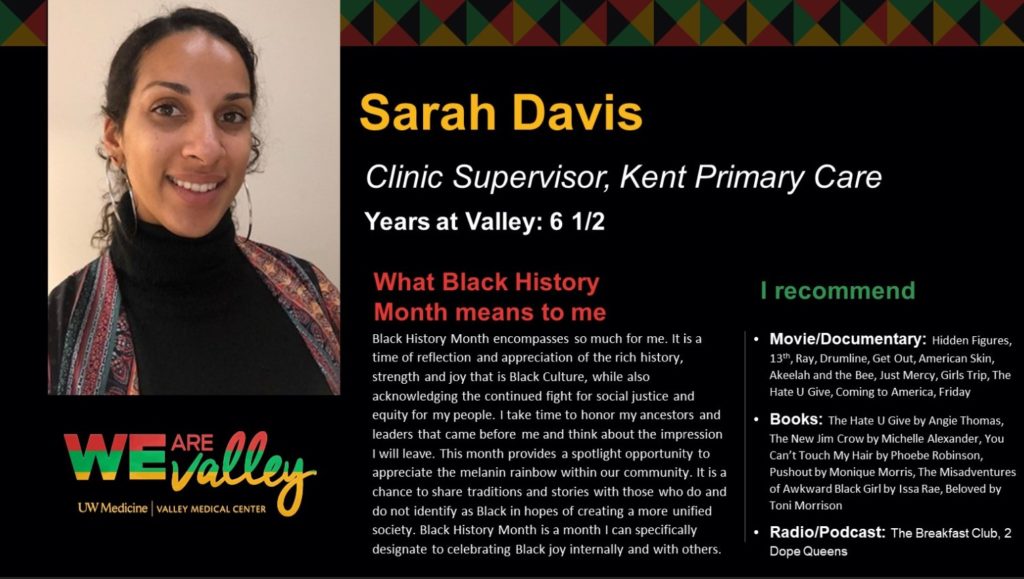
Black History Month encompasses so much for me. It is a time of reflection and appreciation of the rich history, strength and joy that is Black Culture, while also acknowledging the continued fight for social justice and equity for my people. I take time to honor my ancestors and leaders that came before me and think about the impression I will leave. This month provides a spotlight opportunity to appreciate the melanin rainbow within our community. It is a chance to share traditions and stories with those who do and do not identify as Black in hopes of creating a more unified society. Black History Month is a month I can specifically designate to celebrating Black joy internally and with others.
Recommendations:
Movie/Documentary: Hidden Figures, 13th, Ray, Drumline, Get Out, American Skin, Akeelah and the Bee, Just Mercy, Girls Trip, The Hate U Give, Coming to America, Friday
Books: The Hate U Give by Angie Thomas, The New Jim Crow by Michelle Alexander, You Can’t Touch My Hair by Phoebe Robinson, Pushout by Monique Morris, The Misadventures of Awkward Black Girl by Issa Rae, Beloved by Toni Morrison
Radio/Podcast: The Breakfast Club, 2 Dope Queens
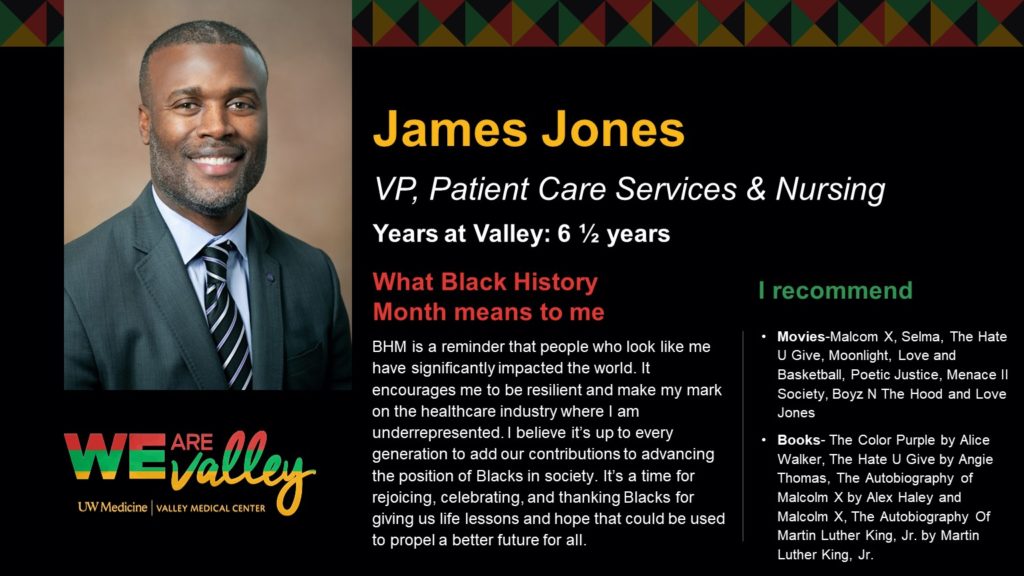
Black History Month (BHM) is a reminder that people who look like me have significantly impacted the world. It encourages me to be resilient and make my mark on the healthcare industry where I am underrepresented.
I believe it’s up to every generation to add our contributions to advancing the position of Blacks in society. We remember those well-known leaders and pioneers who paved the way for us through significant historical events in our history. It is also about our personal heroes. For me it was my mother, grandmother, and great grandmother, and the many mentors/role models who supported and guided me during my formative years in the segregated, southern state of Alabama.
BHM is a platform for our voices to be heard and to learn our values in our local communities, the nation’s we populate, and recognize the significance throughout our world’s history. It is a continual catalyst for learning, self-discovery, and acknowledgement. Continually, we strive for everyone to realize and understand we are not new and that we are all people of importance. It’s a time for rejoicing, celebrating, and thanking Blacks for giving us life lessons and hope that could be used to propel a better future for all.
Recommendations:
Movies-Malcom X, Selma, The Hate U Give, Moonlight, Love and Basketball, Poetic Justice, Menace II Society, Boyz N The Hood and Love Jones
Books- The Color Purple by Alice Walker, The Hate U Give by Angie Thomas, The Autobiography of Malcolm X by Alex Haley and Malcolm X, The Autobiography Of Martin Luther King, Jr. by Martin Luther King, Jr.
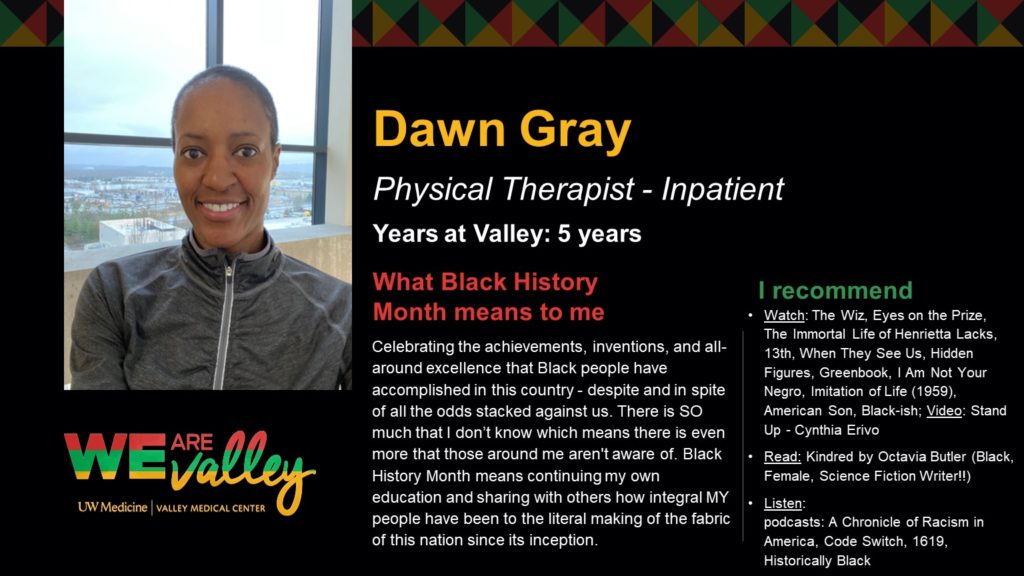
Celebrating the achievements, inventions, and all-around excellence that Black people have accomplished in this country – despite and in spite of all the odds stacked against us. There is SO much that I don’t know which means there is even more that those around me aren’t aware of. Black History Month means continuing my own education and sharing with others how integral MY people have been to the literal making of the fabric of this nation since its inception.
Recommendations:
Watch: The Wiz, Eyes on the Prize, The Immortal Life of Henrietta Lacks, 13th, When They See Us, Hidden Figures, Greenbook, I Am Not Your Negro, Imitation of Life (1959), American Son, Black-ish; Video: Stand Up – Cynthia Erivo
Read: Kindred by Octavia Butler (Black, Female, Science Fiction Writer!!)
Listen: podcasts: A Chronicle of Racism in America, Code Switch, 1619, Historically Black
Click here to read more 2021 Selfie Tapestries from employees throughout the Valley organization.
THANK YOU—to our Black colleagues, for your tireless contributions to improve the health and well-being of the patients and community you serve!


Lois Eason was a long-time nurse in the OB/BYN department who helped to deliver countless babies. The first labor and delivery nurse who happened to be black at Valley provided a superior experience for the patients that she cared for. When I heard her voice on the phone I always felt a calmness even when a storm was brewing. Lois is retired now but we have all messed her kindness and professionalism. Here’s to the Loises of the world.